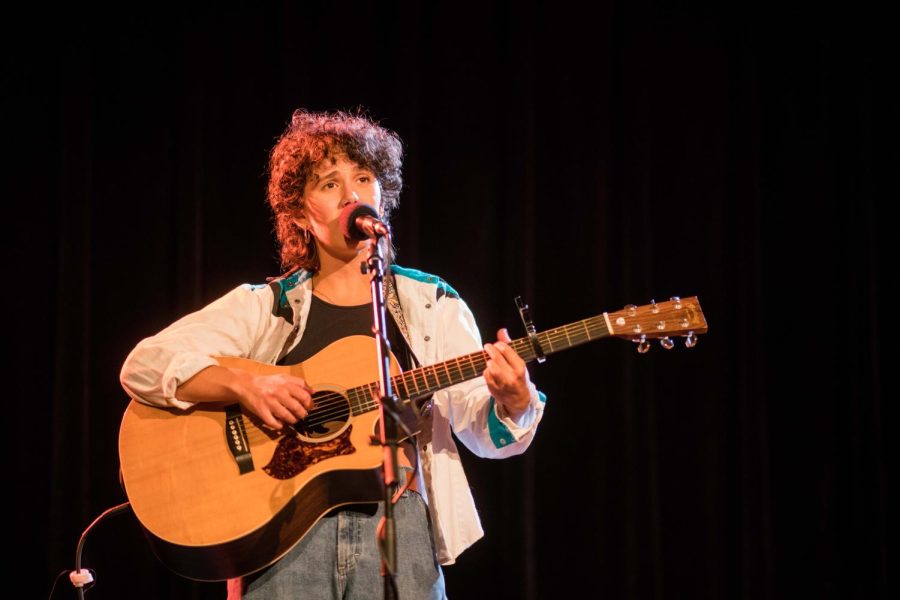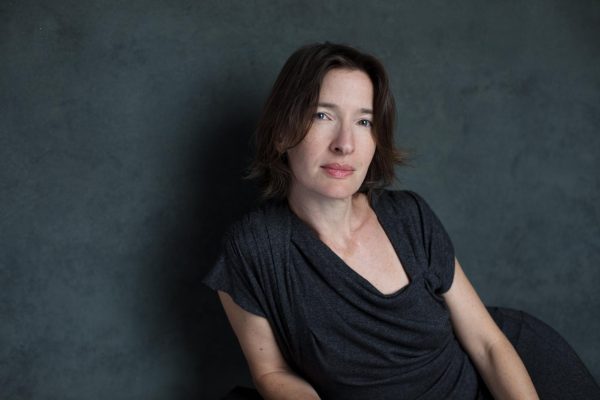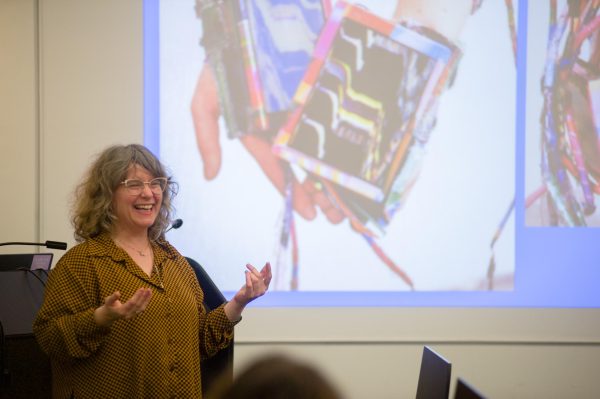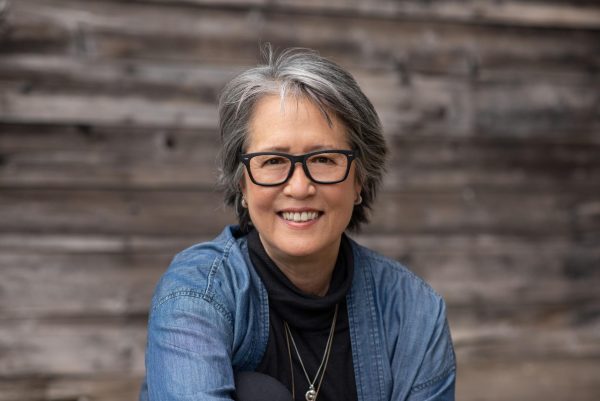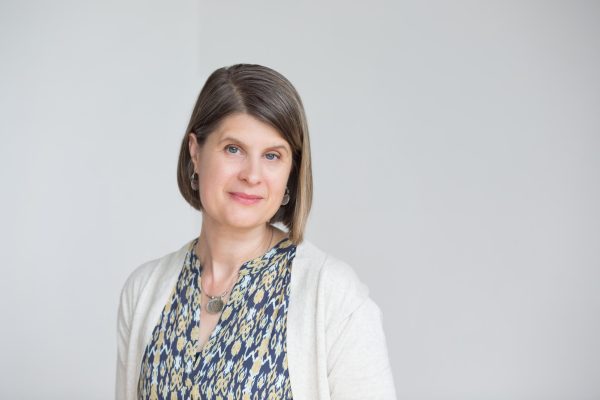Olive Klug, Singer-Songwriter, TikTok Sensation
Olive Klug, a contemporary folk singer-songwriter, performed at the Cat in the Cream last Sunday. Klug played some new, unreleased songs as well as fan favorites. Klug released singles in the spring and summer of 2021 after their TikTok videos singing the songs gained positive attention. Since then, Klug joined Jukebox the Ghost on tour for two weeks and has performed with other artists such as Semler, Mal Blum, and Henry Jamison. Klug continues to post on TikTok to their over 140,000 followers and has recently signed with a label. Klug shared with the Review their thoughts behind their music, journey, and social media.
This interview has been edited for length and clarity.
How was post-grad life during a pandemic? That must have been a process.
Honestly it was terrible, but in a lot of ways, it was really great for me — I majored in psychology, and I was on the path to grad school, working at a rehab facility, so that was really intense. I was burned out already after only working in the field for three months, and I was like, “I don’t know if I want to do this. This is a lot to commit to for an entire career.” The pandemic kind of forced me to take a step back and figure out what I really wanted and just gave me a lot of time to think and actually get to know myself outside of the context of school or working. Yes, it sucked and it was really depressing for a lot of it, but I learned a lot about myself.
What’s your favorite song you’ve ever written and why?
I think one of my favorite songs I’ve written is called “Parched,” which I wrote probably a year ago, but it’s not out yet. It’s about a relationship that I was in that I knew was bad for me, but I stayed in it and I knew that I was giving more than the other person was giving back. I wrote a song about it and I really liked the lyrics, but I also added this new layer of production, and we added piano and this really cool electronic melodica thing. There’s a portion at the end where I am doing really messy harmonies purposely, and adding that layer has been so fun and has brought a new light to the song that I love. I’m really excited to release it.
You said you wrote it a year ago. Is there a particular reason that it takes a year to be released, or is it different with every song?
It’s different with every song, for sure. But I recently signed to a label, which is exciting and means that I have support, but it also means that they are on a very specific schedule with releases. I had to be boarded onto the label, which took a couple of months. That started in June, and then it took about three months to get everything together. Now, we’re setting release dates and it’s all six weeks apart. So, I’m releasing six singles, six weeks apart, and then the full album. I think there are a few songs I’m releasing that I will have written two years before they get released, which is really funny.
Do you think your opinion of the songs you’ve written change as time goes by?
I think so. I don’t know if you listen to Lucy Dacus, but a line in one of her songs, “In five years I hope the songs feel like covers” — they do end up feeling like covers sometimes, my really old songs. I’m not emotionally attached anymore. It literally feels like somebody else wrote it and is playing it. Then, there are songs that I wrote more recently and I really like and feel are still relevant. But with “Raining in June,” which is one of my more popular songs, I’m like, “I didn’t write this, what?” every time I play it, because I wrote it three years ago.
How does music help you process your emotions, if it does at all?
It’s a really good tool to figure out what I’m feeling. Sometimes I’m feeling obvious turmoil, but I don’t know what it’s about. Then, I start writing a song and I figure out what I’m feeling through that, which is really cool. That’s why it’s been a difficult transition to go from music being this thing that I use to process my emotions to being a job. Because sometimes, it’s just not conducive. It’s more like, “I’m having inner turmoil, let me figure it out through writing a song.” But I don’t feel that every day — I can’t force myself to write something good.
I’ve never thought about it like that, the transition from music being something you do to music being a job. Do you have anything else to say about that?
It stresses me out. I love the performing aspect of it. Last night I went back to my hotel and thought, “This is so cool that I just get to do this and get paid for it.” But producing content constantly is really stressful for me. Especially because we live in the TikTok world. I thought that was great for me at first, but now that I’m expected to make a TikTok a day, I can’t be original. I can’t keep people interested. I wouldn’t wanna watch someone every day. Why would I expect people to watch me every day? The constant production of new content is a lot.
How has music, both other people’s and your own, helped you in processing your gender identity and sexuality?
I remember in high school I listened to Mal Blum, who is now my friend, which is so weird. There were not a lot of queer people making singer-songwriter folk music. I think there was King Princess, and that wasn’t even high school, that was when I first got to college. There was also Tegan and Sara and some pop music that was openly queer, but not a lot of singer-songwriter folk music that was vulnerable. I was playing a show with Kevin Atwater a couple of weeks ago, and his music is so vulnerable and so much about the queer experience. I started crying while he was playing because I realized that we are making music that didn’t exist a couple years ago. There was such a lack of that back in 2015 when I was in high school.
This isn’t about music directly, but I have never been into fashion. I’ve just always worn whatever. When I started having to present myself more publicly, I had to ask myself, “How do I want to do this?” I feel so uncomfortable wearing dresses, but I also don’t want to wear super formal menswear. I just had to figure out how I wanted to present myself. That is also how I process my own gender identity, which is really cool. I avoided thinking about presenting myself to the world for so long; now I have to think about this.


